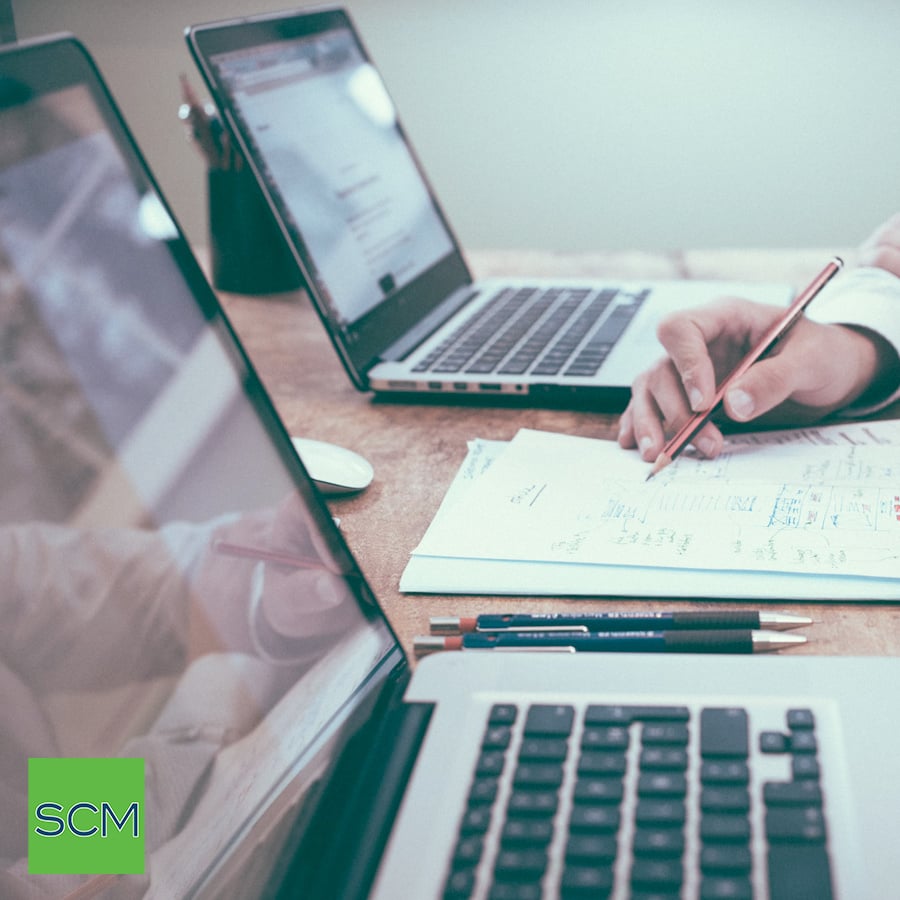

by David Herman
Categories:
8 Questions to Ask Yourself Before Making a Major Purchase
Buyer’s remorse is an awful feeling. The regret, exasperation and that sinking feeling that you went into debt for nothing (or not much, anyway) that comes along with making a large purchase is not something you want to experience. But many people do. Why? They don’t ask themselves the right questions before making a large purchase.
I understand it happens. Even as a financial advisor in Annapolis, MD, I too have made impulse purchases in my life that I may not have necessarily needed. It’s easy to get caught up in the excitement of buying a new car, the Fear of Missing Out (FOMO) or the pressure to keep up with the Joneses. But is that sick feeling you get afterward really worth it?
It’s important to feel happy and satisfied with any large purchase you make; not angry and full of regret. You also, of course, want to make sure a large purchase doesn’t negatively impact your financial life by sending you into overspending and debt.
How can you make sure the experience is a good one?
Everyone’s definition of “a large purchase” is different. It can range from a home to a washing machine to a cashmere sweater. Whatever the item may be, starting asking yourself the following questions before taking out your wallet:
Can You Afford It?
This is a key question to ask yourself about any purchase, but one many people don’t take the time to fully consider.
Judge how it will affect your overall financial life. If you’re going into debt to buy it, how long will it take you to pay it off? Will you still have enough disposable income left over for essential purchases, such as food?
Do You Need It?
This, too, is a crucial question that is all too often rushed over.
Let’s say your car recently broke down and the repair is expensive. You may depend on your car to commute to work. If a repair is worth more than the market value of your car, you have to weigh the pros and cons of a repair very carefully. A new vehicle may be necessary and make more sense. A used vehicle may better suit your financial situation.
However, the “need” in other large purchases, such as a boat, may be more emotional and fleeting. It’s fine to spend big to get pleasure out of it, but only you can assess if that’s a need that you want to indulge. Only you can assess how you’ll feel after the money has left your pocketbook.
Even a 5-minute pause to consider whether you do truly need an item can make a big difference.
It’s never too soon to start planning for the future. Contact the team at Scarborough Capital Management, and get the conversation started.
Is it Worth the Money?
Few feelings can make us want to kick our collective selves more than the feeling that we spent big on an item that really wasn’t worth it.
Let’s say you bought an expensive pair of shoes. Did they bring you joy? Will you wear them more than once? Will you wear them enough to validate buying them?
A good strategy here is to imagine that you made the purchase first. How do you feel? If you feel great, the purchase may be worth it. If you feel foolish to have spent so much on something like shoes, walk away.
Will it Repay the Investment?
Major purchases vary in their ability to contribute to your life overall, and your financial life specifically. Some purchases may be worth it emotionally and socially. Others, such as home purchases, can contribute materially to your assets over time.
You want to avoid the kinds of purchases that won’t reward you in any way in proportion to the cost.
Can You Get a Better Deal if You Wait?
Many major purchases have variable price tags. Cars, for example, can be less expensive in the fall, when the new model year starts. Dealerships often discount their old inventory to get it off the lot. Homes can also be less expensive in the winter months, because fewer buyers look then. When sellers have fewer buyers to choose from, they can be more motivated to lower the price.
Similarly, prices for other items may be discounted after a holiday, during sales or at different stores.
What Else Could You Have Purchased With the Money?
Whenever you make a major purchase, consider what you might have been able to buy instead. If you want to spend $5,000 on a vacation, what might you buy instead if you don’t go ahead with that plan? Could you put more toward your retirement, meaning you will get to retire when planned?
At times, this question will clarify your comfort with a decision. If you want the $5,000 vacation, it may mean nothing to you to drive your current car for another year. But if you need a car now, you might want to use the $5,000 for a down payment now and vacation at home this year.
Are Other Costs Associated With the Purchase?
Some purchases, such as homes and cars, will necessitate other costs on a steady basis. You will need, for example, to pay property taxes on a home, as well as maintain and repair it in the future. You’ll need to maintain and run a car, so gas, oil and repairs will all be part of your future.
Calculate any supplemental and ongoing costs as part of your financial plan. Does the total cost still make financial and emotional sense?
How Will You Feel After 24 Hours?
If you really want to make a purchase but are uncertain about how you’ll feel in the aftermath, wait 24 hours. One day can make a huge difference and remove the excitement many people feel initially, making the reality of making a big purchase more prominent.
Buying things can be fun. But as a financial advisor in Annapolis, MD, I know how debt can damage a person’s finances, both present and in the future! If you don’t feel it’s so fun the next day, reconsider. If you are in financial debt, as so many Americans are, read our recent blog post: A Financial Advisor’s 10 Tips to Reducing Debt.
Are impulse buys something you’re prone to making? Talk to a financial advisor and devise a comprehensive plan that will help put your full financial picture into perspective and that allows you to spend once in a while. A “fun money” fund is important, and earmarking a certain amount for personal splurging can help you hit your overall goals.







